World Bright Spot
B.C.’s Carbon Tax In Action
In 2008, British Columbia implemented the first broad-based carbon tax in North America.
More than 10 years since its passage, evidence shows that the fee has led to a drop in greenhouse gas emissions, changed the behavior of residents, and the economy has continued to grow. Here’s the breakdown:
According to a 2015 study, the tax has reduced greenhouse gas emissions between 5 and 15 percent since being implemented.
Between 2007 and 2016, provincial real GDP grew by 19 percent, as noted on the B.C. government’s website.
The tax changed the behavior of residents. “The B.C. carbon tax impacted gasoline consumption in two ways. It made consumers buy more fuel-efficient cars and also gave them the incentive to drive fewer kilometers,” says Sumeet S. Gulati, professor of land and food systems at the University of British Columbia. “Without B.C.’s carbon tax, gas demand would be 7 percent higher per person, and the average vehicle fuel efficiency would be 4 percent lower.” Gulati adds that he’s citing a 2016 research paper he co-wrote, when the carbon tax rate was lower, so a larger impact should be seen now.
A carbon tax raises the cost of fuels—gas, diesel, coal—which incentivizes users to consume less, and ultimately reduces carbon pollution to help curb global warming. B.C.’s tax applies to approximately 70 percent of the province’s greenhouse gas emissions. It started at 2.3 cents per liter and, by design, has risen to 8.89 cents per liter.
At the time of its passage, public concerns about climate change were high. The U.N.’s climate science panel released a report showing evidence that the Earth was warming because of society’s fossil fuel use, and Al Gore’s film release of “An Inconvenient Truth” entered pop culture and energized folks to push for action. Politics, of course, was also in play, which ultimately led the tax to be revenue-neutral, with revenue refunded back to businesses and to rural and low-income households in B.C. on their tax bills.
Canada’s federal government now has a carbon-pricing program nationwide. And as of 2019, more than 70 jurisdictions have put a price on carbon, or are scheduled to implement initiatives.




